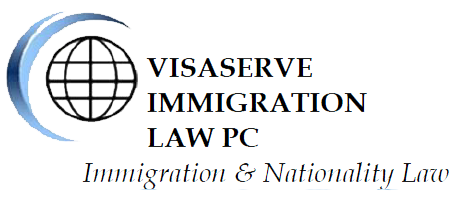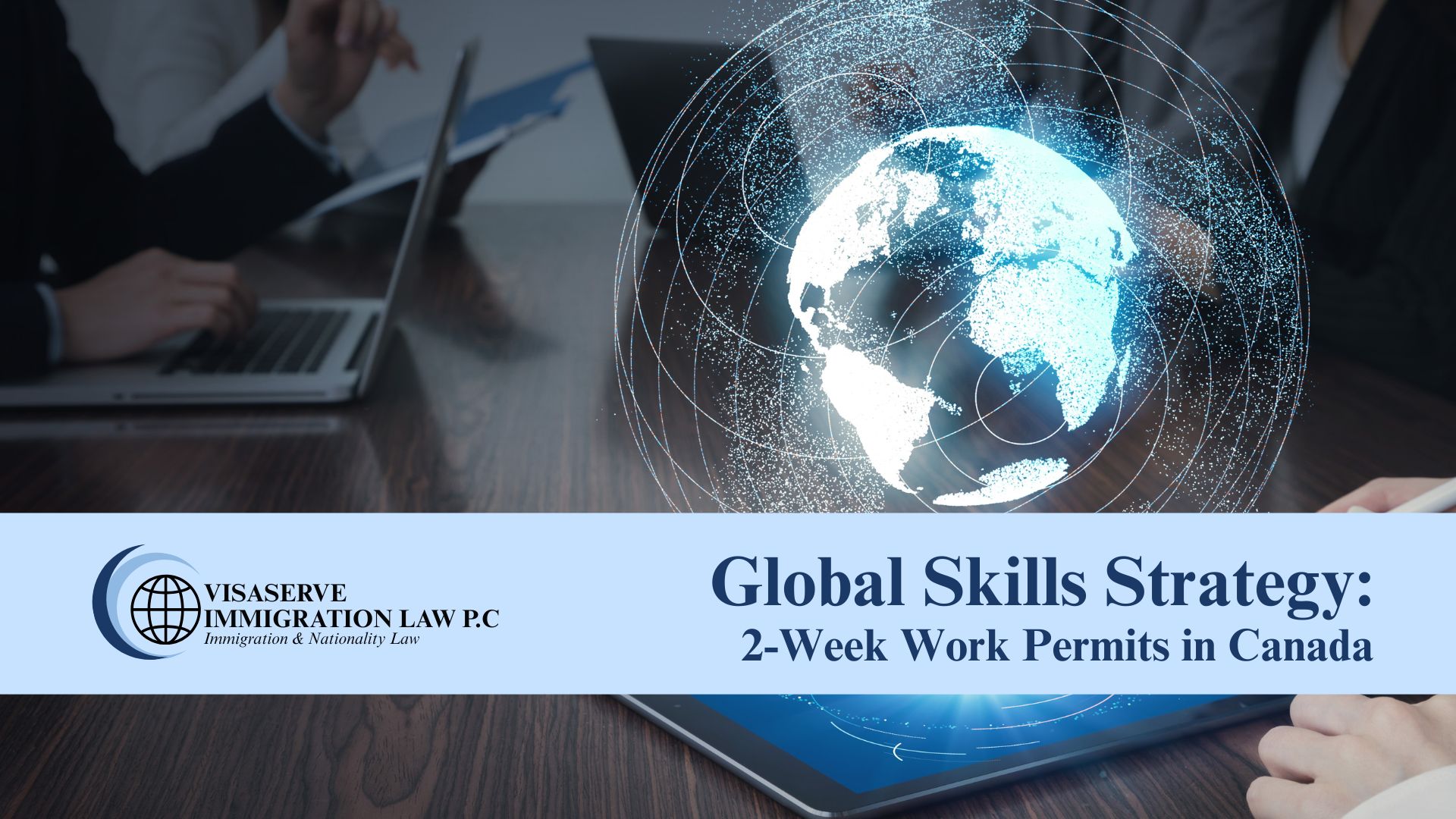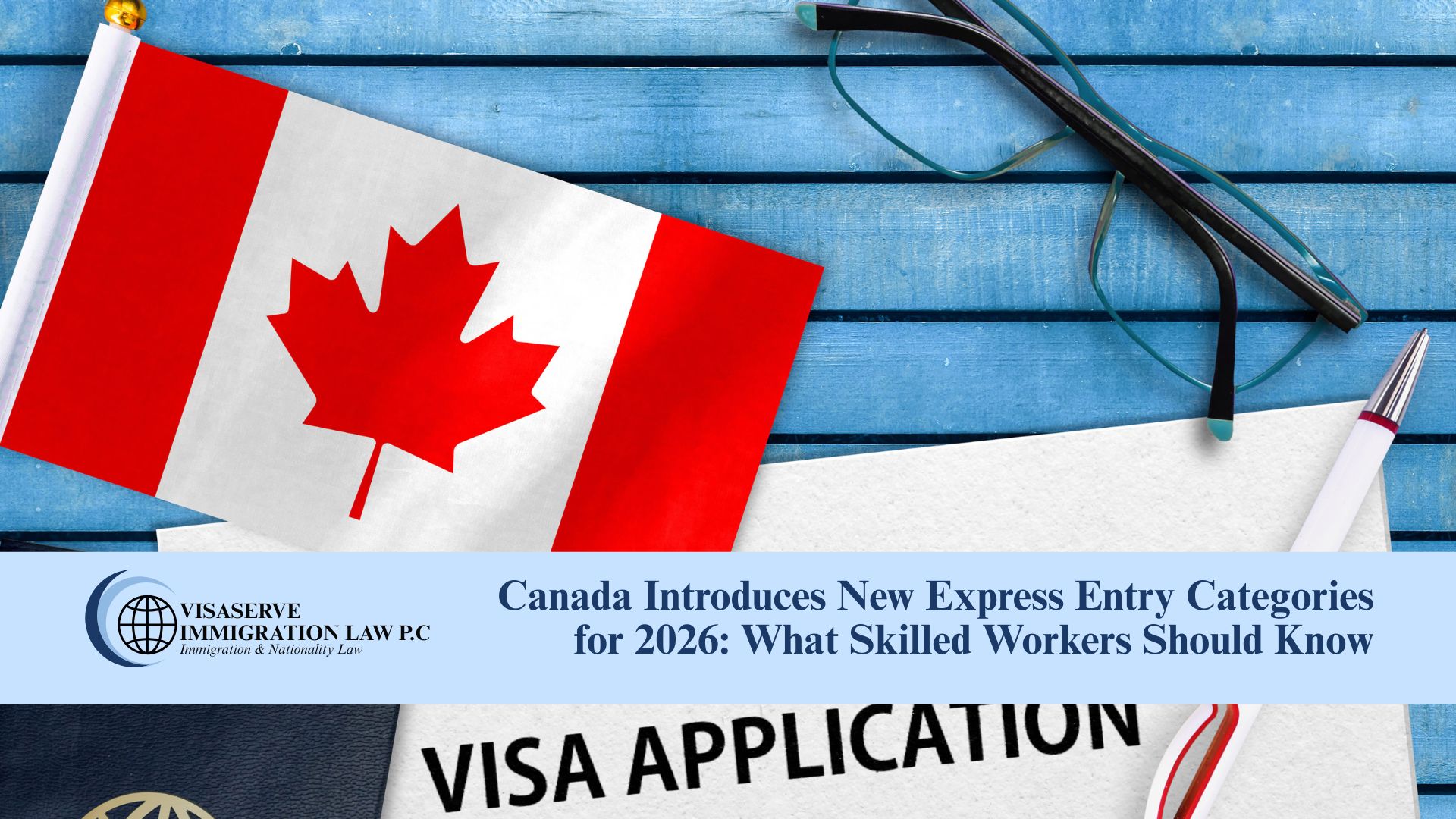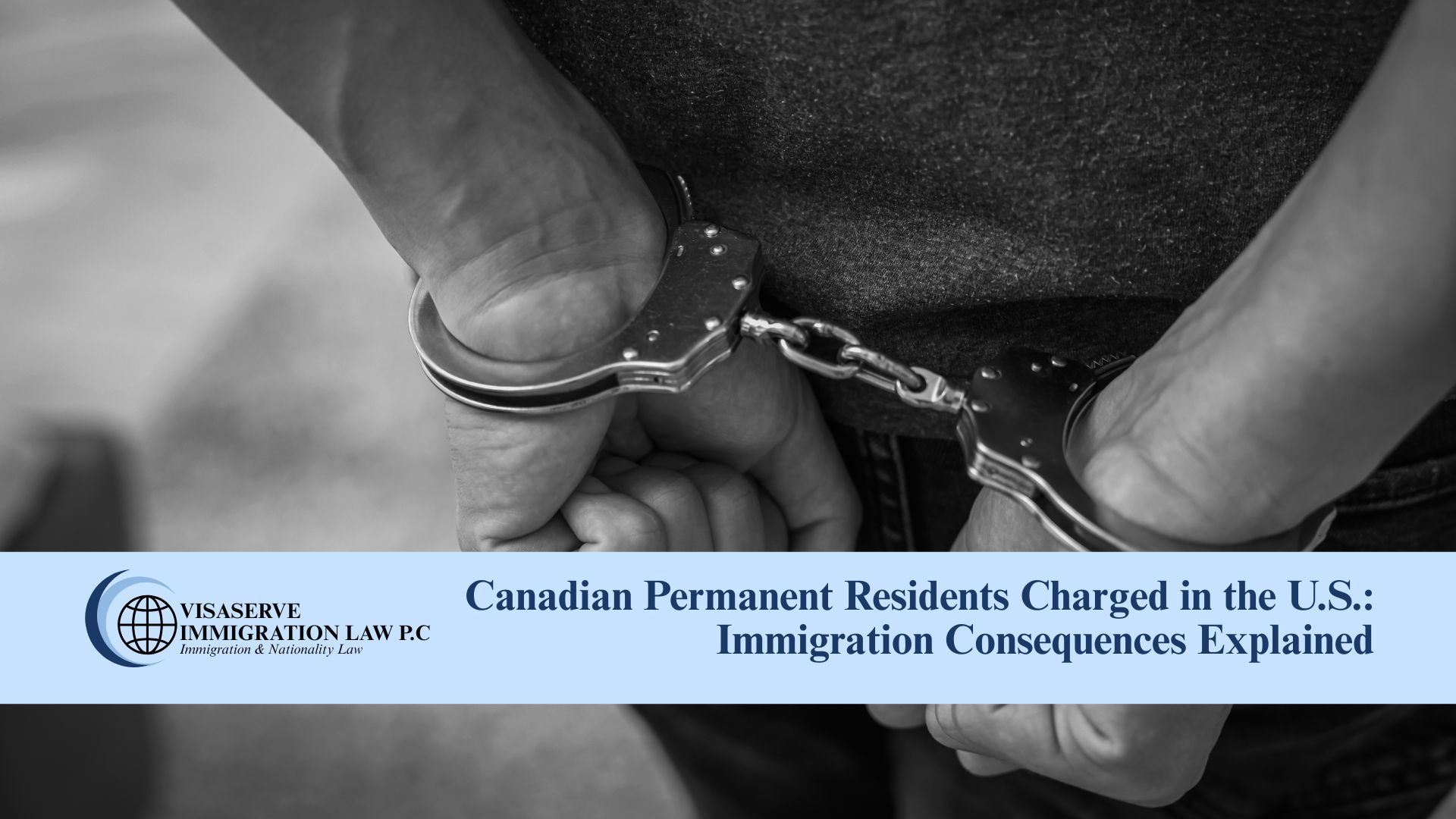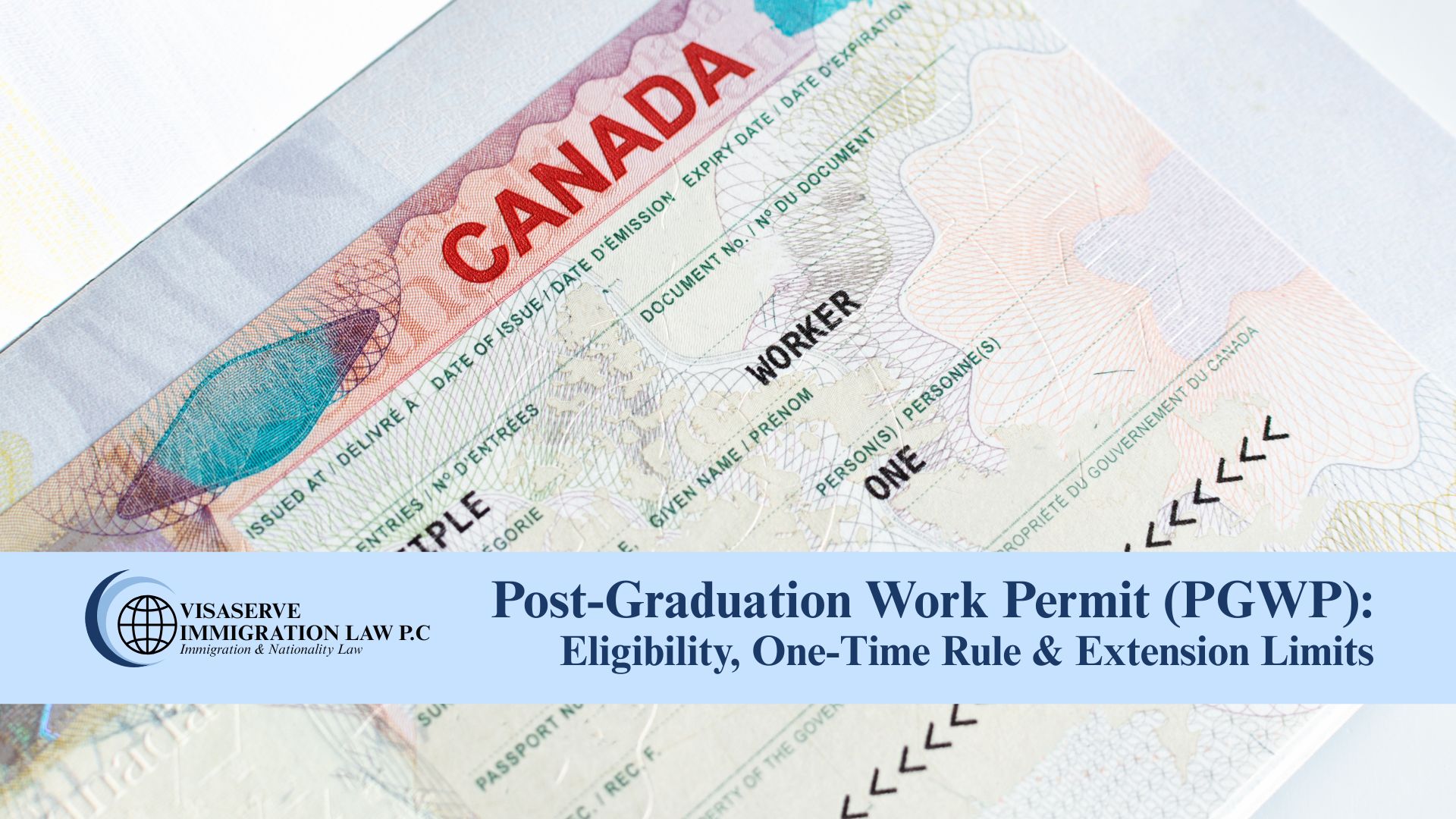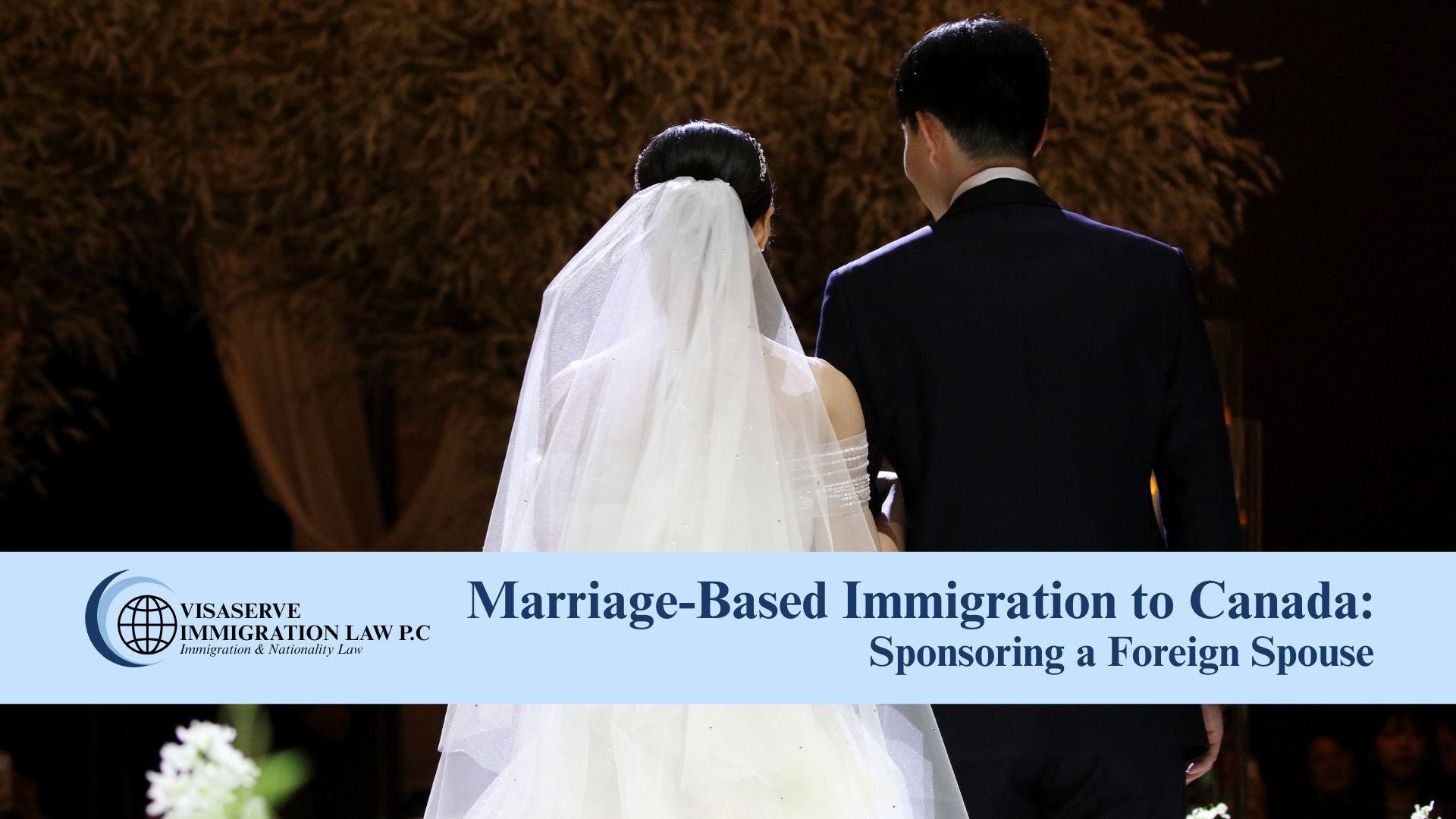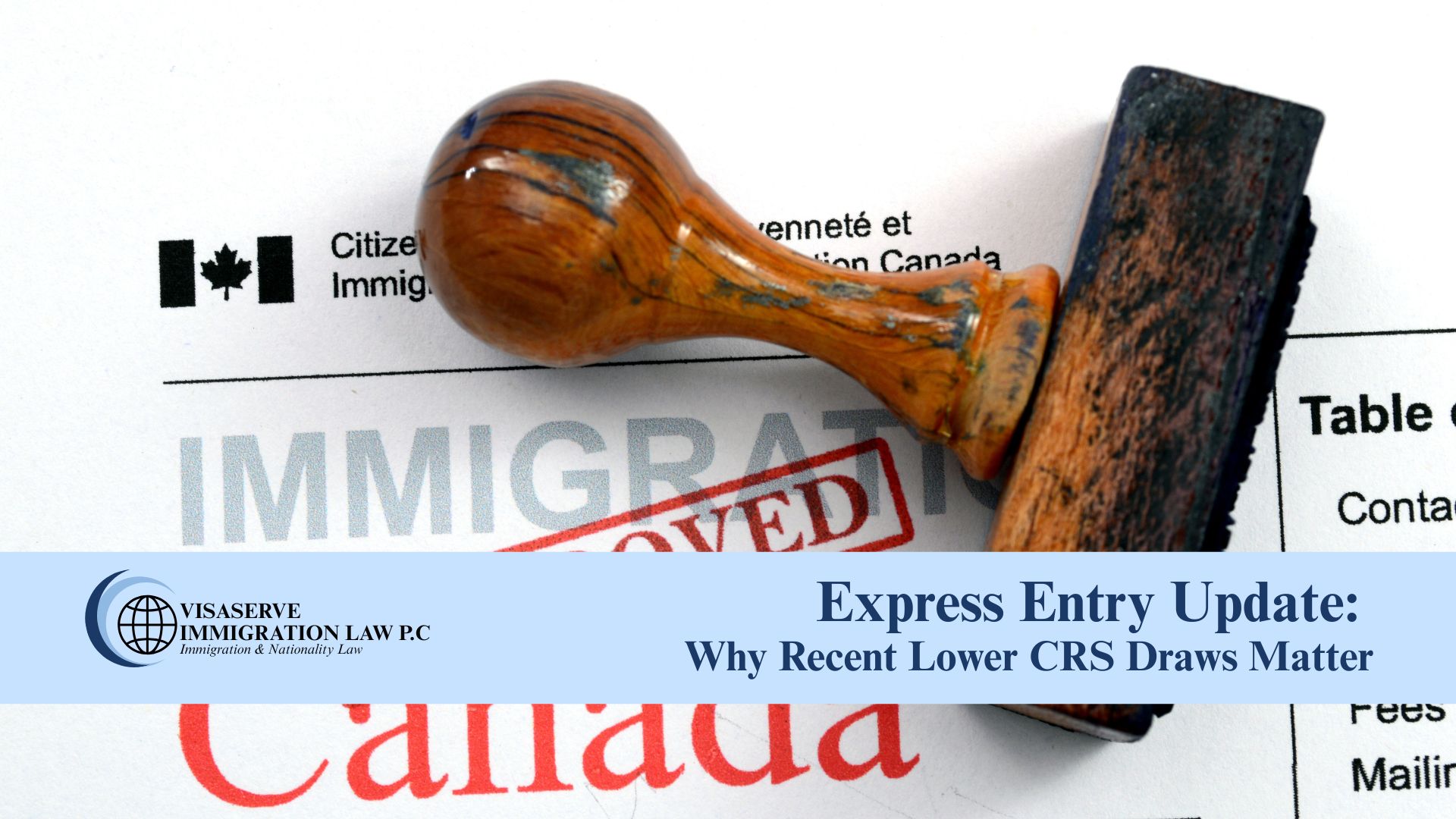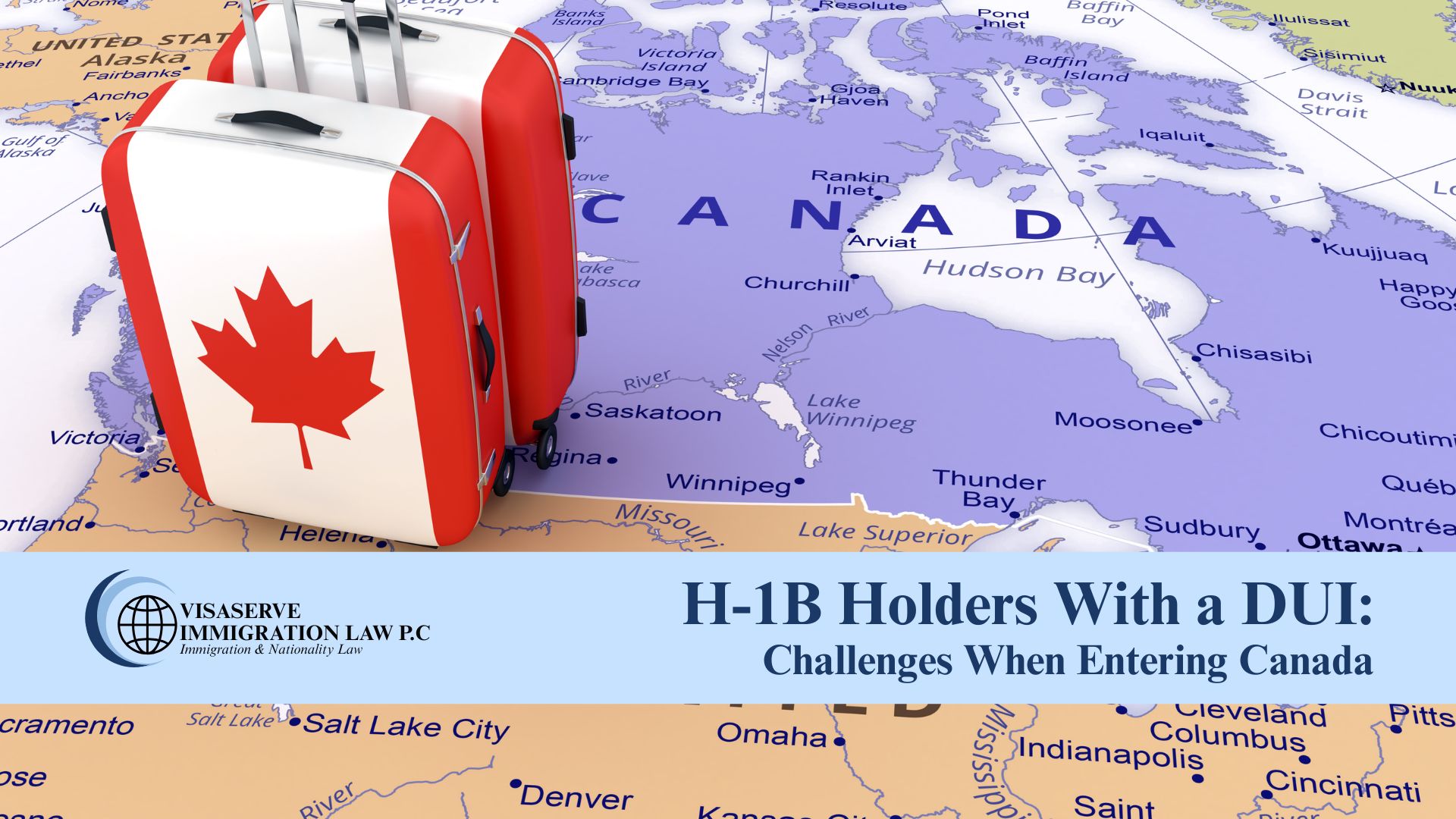Canada’s Global Skills Strategy (GSS) is designed to help highly skilled workers and their families move to Canada faster. With streamlined application processing, many foreign professionals in technology, engineering, and management roles can begin working in Canada in as little as two weeks.
At Visaserve Immigration Law P.C., we assist foreign nationals, visa holders, and investors in navigating the GSS process so they can take advantage of this accelerated pathway. Below, we outline the eligibility requirements, benefits, and application steps, based on official guidance from Immigration, Refugees and Citizenship Canada (IRCC)
Key Benefits of the Global Skills Strategy
If you qualify under the GSS, you may benefit from:
-
2-week work permit processing (for both LMIA-required and LMIA-exempt jobs)
-
Faster processing for family members, including visitor visas, study permits, and work permits
-
Simplified employer steps for recognized occupations under the Global Talent Stream
Who Is Eligible?
You may be eligible for GSS if:
-
LMIA-Exempt Workers:
-
Your job falls under the TEER 0 or 1 categories of the National Occupational Classification (NOC).
-
You are applying for an employer-specific work permit.
-
-
LMIA-Required Workers (Global Talent Stream):
-
You have a positive LMIA through the Global Talent Stream.
-
Occupations include engineers, IT specialists, computer programmers, analysts, and other highly technical roles.
-
-
Family Members:
-
Accompanying dependents (spouses and children) can apply simultaneously for their permits or visas to benefit from the same expedited processing.
-
Application Requirements
To qualify for 2-week processing, you must:
-
Apply online from outside Canada.
-
Include all required documents for yourself and family members (employment contracts, LMIA decision letter if applicable, biometrics, medical exams if required).
-
Provide biometrics within two weeks of receiving the biometric instruction letter.
-
Submit a complete application—incomplete submissions will disqualify you from GSS processing.
Short-Term Work Without a Permit
Some highly skilled workers and researchers may not need a work permit under GSS if:
-
They are working in TEER 0 or 1 roles for up to 15 consecutive days (every 6 months) or 30 days (every 12 months).
-
Researchers can work at Canadian public research institutions for up to 120 days once every 12 months.
At the border, you must present your job offer or contract with clear details of the NOC code, job title, and employment duration. A border officer may issue a visitor record authorizing your short-term work.
What Employers Must Do
Employers play a crucial role in ensuring eligibility:
-
For LMIA-exempt roles, employers must submit an offer of employment number, LMIA exemption code, and proof of employer compliance fee payment.
-
For LMIA-required roles, employers must provide a positive LMIA decision under the Global Talent Stream.
Why Work With a Law Firm?
While the Global Skills Strategy offers speed and efficiency, success depends on ensuring your application is complete, accurate, and strategically prepared. Missing documents, incorrect coding, or delays in biometrics can prevent you from benefiting from 2-week processing.
At Visaserve Immigration Law P.C., our lawyers guide both employers and employees through every step of the GSS process—ensuring compliance with IRCC requirements while helping you avoid costly delays.
Next Steps
If you are a highly skilled worker or an employer hiring international talent, the Global Skills Strategy may be the fastest route to begin working in Canada. Contact Visaserve Immigration Law P.C. today to explore your eligibility and secure legal support tailored to your case.
